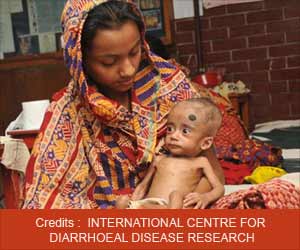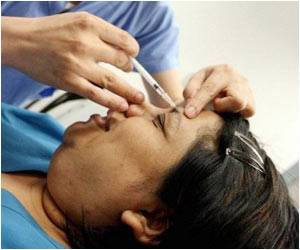
‘This unique signature can predict patient survival in the latest decades of life’
Read More..Tweet it Now
Particularly, longitudinal data from over 900 community-dwelling older individuals (78-98 years old) focused on tracking health and survival outcomes. Read More..
Findings showed that gut microbiomes, starting from mid to late adulthood, became increasingly unique (divergent from others) as individuals aged, in correspondence to a steady decline in the amount of core bacterial genera that humans share.
Results also revealed that though microbiomes' uniqueness increased with healthy aging, the metabolic functions carried out by them shared common traits.
The microbiome signature's uniqueness highly correlated with various microbially-derived metabolites in blood plasma, including tryptophan-derived indole, known to extend lifespan in mice.
Blood levels of phenylacetylglutamine (metabolite highly elevated in the blood of centenarians) showed the strongest association with uniqueness.
Advertisement
He further adds that the uniqueness pattern, starting in mid-life (40-50 years of age), is associated with a clear blood metabolomic signature which suggests that these microbiome changes may contribute directly to health as we age, and not just imply be diagnostic of healthy aging.
Advertisement
He adds that their work resolves these inconsistencies by showing two distinct aging trajectories -
1) A decrease in core microbes with a rise in uniqueness in healthier individuals
2) The maintenance of core microbes in less healthy individuals.
Dr. Nathan Price, co-corresponding author, believes that this work will have major clinical implications for the monitoring and modification of gut microbiome health throughout a person's life.
Source-Medindia















